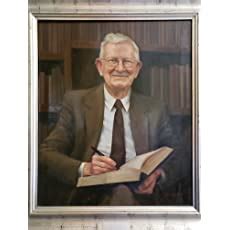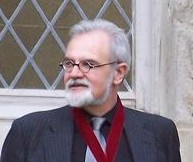A Quote by Friedrich Nietzsche
The misunderstanding of passion and reason, as if the latter were an independent entity and not rather a system of relations between various passions and desires; and as if every passion did not possess its quantum of reason.
Related Quotes
What gives life meaning is a form of rebellion, rebellion against reason, an insistence on believing passionately what we cannot believe rationally. The meaning of life is to be found in passion—romantic passion, religious passion, passion for work and for play, passionate commitments in the face of what reason knows to be meaningless.
by taking notice of those feelings and images that seemed to be in my blood and bones rather than in my head, I had found myself able to behave, not less reasonably, but more so. Apparently it was as much a false extreme to try and live by reason alone, leaving the passions out of count, as to ignore reason and put passion in its place as the guiding force of life.
All other passions build upon or flow from your passion for Jesus. A passion for souls grows out of a passion for Christ. A passion for missions builds upon a passion for Christ. The most crucial danger to a Christian, whatever his role, is to lack a passion of Christ. The most direct route to personal renewal and new effectiveness is a new all-consuming passion for Jesus. Lord, give us this passion, whatever the cost!
Why should we desire the destruction of human passions? Take passions from human beings and what is left? The great object should be not to destroy passions, but to make them obedient to the intellect. To indulge passion to the utmost is one form of intemperance - to destroy passion is another. The reasonable gratification of passion under the domination of the intellect is true wisdom and perfect virtue.
Almost all men are born with every passion to some extent, but there is hardly a man who has not a dominant passion to which the others are subordinate. Discover this governing passion in every individual; and when you have found the master passion of a man, remember never to trust to him where that passion is concerned.
The tendency has always been strong to believe that whatever received a name must be an entity or being, having an independent existence of its own. And if no real entity answering to the name could be found, men did not for that reason suppose that none existed, but imagined that it was something peculiarly abstruse and mysterious.










































